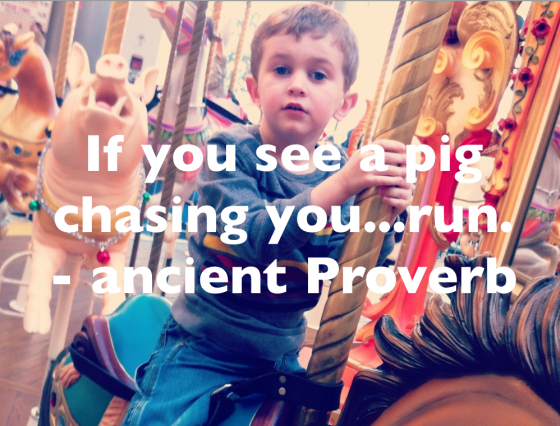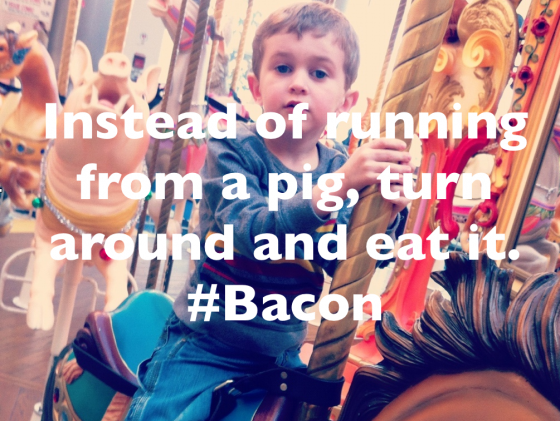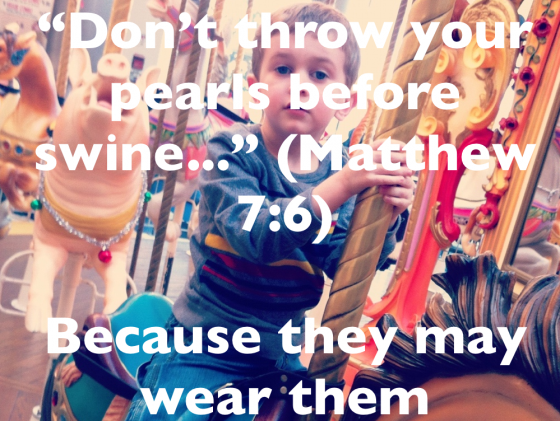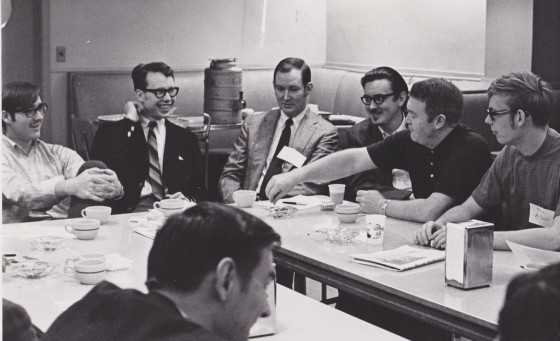My friend, Margaret Feinberg [www.margaretfeinberg.com], has a new book and 7-session DVD Bible study called Wonderstruck: Awaken to the Nearness of God [www.margaretfeinberg.com/wonderstruck] (releasing Christmas Day). She describes it as “a personal invitation for you to toss back the covers, climb out of bed, and drink in the fullness of life.” I say that as long as that drink is coffee, we’re good. 🙂
I’ve enjoyed Margaret’s stuff. She has a way of writing that captures my head and my heart. That stirs me to love God, and the beauty He possesses, unlike most present-day writers. Margaret has a way of crafting language that can help you fall in love with your King all over again. In this book, she succeeds at helping you see the wonder of God in your own story.

I recently received the insider’s scoop about Margaret’s new book. Here are some highlights from the interview:
Where did the inspiration for the Wonderstruck book and Bible study come from?
Have you ever had one of those seasons where everything goes wrong, and when you think it can’t get worse, it somehow finds a way? My husband, Leif, and I had just gone through one of the roughest years of our lives. In the aftermath, as we processed the pain and loss, I had an unexplainable desire in my heart. I began praying for the wonder of God. In essence, I said, “God reveal yourself, your whole self to me. I want to know you as Wonderful. I want to know you as I’ve never known you before and see you in places I’ve never recognized you before.” God did not disappoint.
What do you mean by “the wonder of God”?
Sometimes talking or writing about wonder feels like tying kite strings to clouds. It’s ethereal, and you can never quite get a grip on it. But if you look in the dictionary, the two main definitions of wonder are: “being filled with admiration, amazement, or awe” and “to think or speculate curiously.”
Those definitions come together beautifully in our relationship with God. That’s why I define the wonder of God as those moments of spiritual awakening that create a desire to know God more.
In other words, the wonder of God isn’t about an emotional experience or having some cool story to tell your friends, but the wonder of God makes us want more of God—to go deeper and further than we’ve ever been before.
Why do you think we so easily lose the wonder?
It’s amazing how quickly we can grow numb to the wonder of God in our lives. I think there are a variety of reasons. Paying bills. Getting that degree. Providing for a family. Raising kids. Caring for aging parents. The list goes on.
All too often we find ourselves head down, pushing ahead, just trying to get through. Somewhere along the way, a gap begins to develop between God and us. A drifting takes place. We’re not only less aware of God’s presence in our lives, we’re less expectant. And so even when God does show up, we miss him. We pass by unaware. We’re spiritually asleep and we don’t even know it.
Yet I believe that as followers of Jesus we’re meant to live wonderstruck. We’re invited to live on the edge of our seats in wild expectation of what God might do next. I want to live with this kind of divine expectation, that wide awake spiritual hunger, searching for God in how ever he may want to reveal himself.
Why you do you encourage people to pray for wonder?
This is an incredibly powerful prayer, because praying for wonder invites us to change the posture with which we live our lives. When we pray for wonder, we’re asking God to expand our capacity to see and savor the divine gifts all around and take us deeper in our journey with Christ and in the Scripture than we’ve ever been. A prayer for wonder essentially says, “God, I want more of you! Take my breath away!” And leaves us living expectant for how God will answer.
What do you hope people will gain from the Wonderstruck book and Bible study?
My hope is that you will be awakened to the imminent presence of God in your life. We do not serve a God who is far off, but One who is near, ever present, and intimately involved in the most minute details of our lives. I think we can so easily forget this.
So my prayer has been that you will begin seeing God in unexpected ways right in the midst of your routine, that your passion for God will be reignited, and you’ll find the Scripture coming alive in a whole new way.
Follow Margaret’s snarky, funny, and inspirational posts on Twitter [www.twitter.com/mafeinberg], Facebook [www.facebook.com/margaretfeinberg], or her blog [www.margaretfeinberg.com]. You can learn more about this great book by visiting www.margaretfeinberg.com/wonderstruck where she’s offering some crazy promos right now with up to $300 of free stuff.You can snag it for $7.95 ($14.99 retail) on Barnes & Noble [http://www.barnesandnoble.com/w/wonder-struck-margaret-feinberg/1110904808?ean=9781617950889] if you like to get good things on the cheap. If you don’t, go ahead and buy it for full price at your local bookstore.









